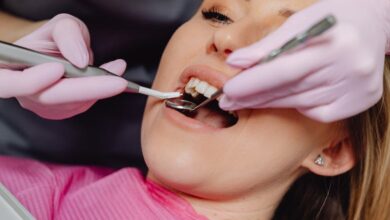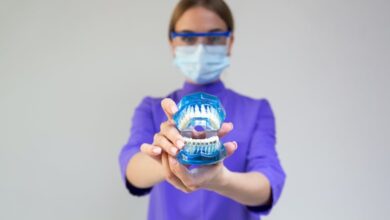How To Flush Alcohol From Urine A Properly Guide

Alcohol consumption is a common practice in many social settings, but there are times when individuals may seek to flush it from their systems quickly, particularly in anticipation of a urine test. While numerous claims and methods circulate the internet, it’s crucial to understand the science behind alcohol metabolism and detoxification to separate fact from fiction. In this article, we’ll explore the body’s process of metabolizing alcohol, discuss the effectiveness of purported techniques for flushing alcohol from urine, and provide practical tips for supporting the body’s natural detoxification process.
Understanding Alcohol Metabolism and Detoxification
When alcohol enters the body, it is primarily metabolized in the liver through a series of enzyme-driven reactions. The enzyme alcohol dehydrogenase (ADH) converts alcohol into acetaldehyde, a toxic substance. Acetaldehyde is then further metabolized by another enzyme, aldehyde dehydrogenase (ALDH), into acetate, a less harmful substance that is eventually broken down into water and carbon dioxide.
The rate at which the liver can metabolize alcohol varies depending on factors such as age, sex, genetics, and overall health. On average, the liver can process one standard drink (14 grams of pure alcohol) per hour. Alcohol that has not yet been metabolized by the liver remains in the bloodstream and is eventually excreted through urine, sweat, and breath.
Debunking Myths About Flushing Alcohol from Urine
There are numerous misconceptions and myths surrounding the idea of flushing alcohol from urine. Some popular methods include:
- Drinking water: While staying hydrated is essential for overall health, drinking large amounts of water will not speed up alcohol metabolism or eliminate it from your urine more quickly.
- Taking diuretics: Diuretics, such as caffeine or over-the-counter medications, may increase urine production, but they do not affect the rate at which alcohol is metabolized and eliminated from the body.
- Exercise: Engaging in physical activity may help you feel better, but it will not speed up the elimination of alcohol from your system.
- Consuming certain foods or supplements: No specific foods or supplements have been proven to accelerate the process of alcohol detoxification.
Ultimately, the only surefire way to flush alcohol from your system is to wait for the liver to metabolize and eliminate it naturally.
Supporting the Body’s Natural Detoxification Process
While it is not possible to expedite the elimination of alcohol from urine, you can support your body’s natural detoxification process by:
- Staying hydrated: Drinking water helps to maintain proper kidney function and can aid in flushing out toxins through urine.
- Eating a balanced diet: Consuming nutrient-rich foods, particularly those high in antioxidants, vitamins, and minerals, can support liver function and overall health.
- Getting adequate rest: Sleep is essential for the body’s recovery and healing processes.
- Refraining from additional alcohol consumption: Avoiding further alcohol intake allows the liver to focus on metabolizing and eliminating the existing alcohol in your system.
- Practicing moderation: Consuming alcohol in moderation or abstaining altogether can help prevent the buildup of alcohol in your system and reduce the risk of long-term health consequences.
Conclusion
In conclusion, there is no scientifically proven method to flush alcohol from urine more quickly. Instead, understanding and respecting the body’s natural detoxification process is crucial. By maintaining a healthy lifestyle, including staying hydrated, eating a balanced diet, getting adequate rest, and practicing moderation in alcohol consumption, you can support your body’s natural ability to detoxify and recover from the effects of alcohol. As a result, you can promote optimal health and well-being, while also reducing the risk of potential negative consequences associated with excessive alcohol consumption. Always remember to consume alcohol responsibly and seek professional help if you or someone you know is struggling with alcohol dependence or abuse.




